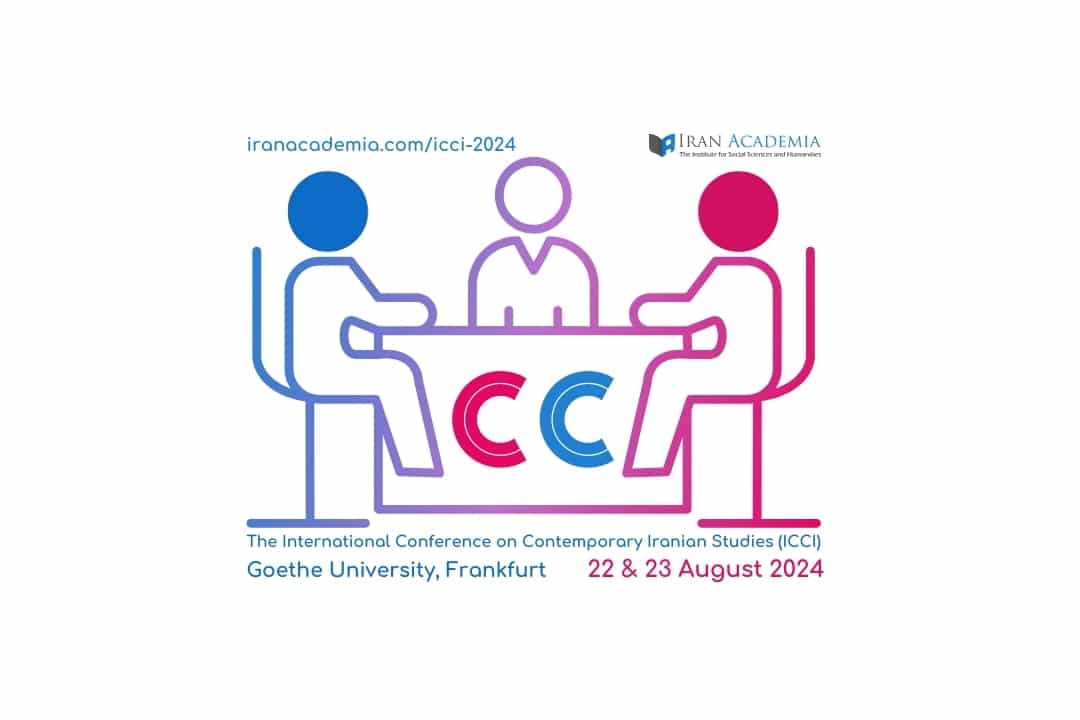Mazdak Daneshvar
Tortured Confessions and Three Decades of Political Ignominy
Anahita Soltantouyeh
Under the Weight of Expectations: Exploring Academic Pressure and Its Psychological Impacts in Iranian Society
Moderator: Raha Sabet Sarvestany
Abstracts
Mazdak Daneshvar
Tortured Confessions and Three Decades of Political Ignominy
It has been over a century since the Iranian Constitutional Revolution, and less than 50 years since the 1979 Revolution. Despite the Constitutional Law’s prohibition of torture in both political regimes, torture has persisted within the Iranian judicial and security services. One enduring phenomenon reflecting this is public recantation, traceable for almost 70 years since the 1953 coup d’état until the present day. Following the 1979 revolution, and particularly after June 1981, public recantation has become increasingly common and is now broadcast on national television programs. Surveys conducted through interviews with torture survivors reveal that the content of these programs is often extracted through coercion, the use of physical or mental torture, inhumane treatment, or the manipulation of data pertaining to the subjects’ private lives. In this presentation, my intention is to depict when public recantation first entered the political realm in modern Iran and to explore how security services have developed scenarios to demean and humiliate the subjects. Furthermore, I endeavor to elucidate the utilization of these recantations by security services in the suppression of opposition political activities. Lastly, I shall direct attention to the intellectual sphere, delving into their discerning reactions to these public recantations and the unequivocal condemnation they express towards the subjects of torture.
Anahita Soltantouyeh
Under the Weight of Expectations: Exploring Academic Pressure and Its Psychological Impacts in Iranian Society
The intense academic pressure on students of all ages in Iran, despite being a shared emotional trauma among a significant portion of the population, has yet to be thoroughly explored. Given the absence of relevant studies in this area, the author initiates this inquiry through qualitative research and interviews to develop an informed framework for future investigations. This qualitative research delves into the psychological implications of educational pressure within Iranian society, shedding light on how cultural expectations, societal norms, and parenting practices, particularly those surrounding success and achievement within the education system, influence the psychological health of individuals. Through open-ended interviews, participants reflect on their experiences from primary school to university, elucidating how parental attitudes shape their thought patterns and values and have led to malfunctioning cognitive schemas. These schemas include perfectionism, all-or-nothing thinking, a fixed mindset, and inaction due to fear of failure. The study explores the continuous influence of self-image and said experiences on mental health and life choices years after individuals have become independent. This investigation is crucial not only to lay the groundwork for informed, effective interventions but also to explore the broader impact of this phenomenon on shaping societal values and mindsets, extending beyond the realm of education into societal and political domains.


